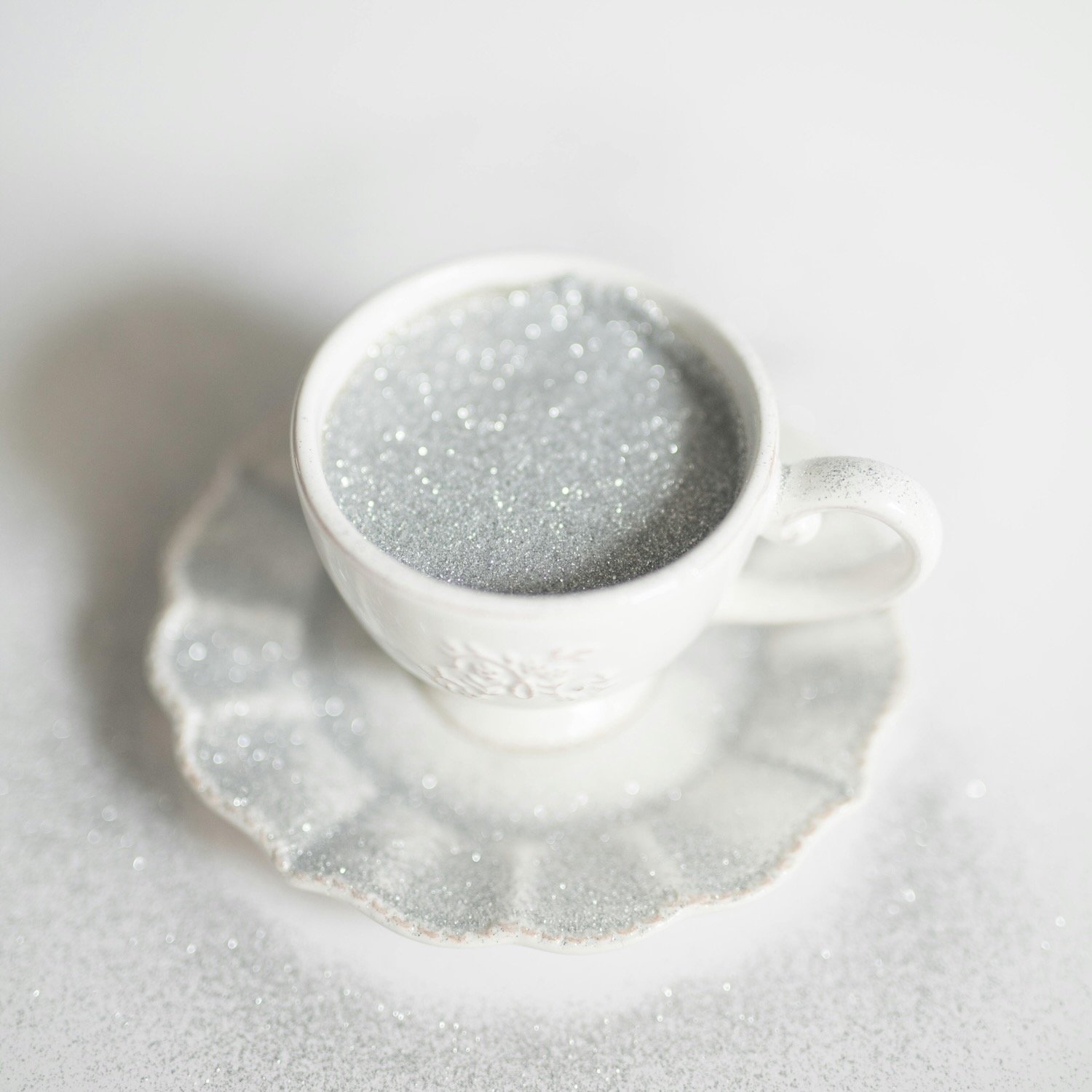Want To Do Every Single Thing You Can To Prevent Dementia? You Might Want To Eat More Of This.
by The Candidly Team
We find it pleasantly empowering to learn which foods can help fight which disease. It’s one of the funner jigsaw puzzles of health. The kind that doesn’t overwhelm or perplex us. And it often ends with actions as simple as buying more blackberries or tossing lentils into our kale salad.
Well, we have one for you today. If you’re like us, you tend to think about (*cough* obsess over) your future brain health. And you want to know (*cough* wake up frantically to Google) what you can do to help reduce your risk of Alzheimer’s and dementia.
Well, here is a finding that we found well worth … finding.
It comes from an observational study from Harvard Health, but there has been other research to support it. What they found is that a naturally occurring chemical in plants may help protect our cognition.
They’re called flavonoids.
Perhaps you’ve heard about them. Perhaps not. But here’s what they are and what they might be capable of.
Flavonoids are compounds that can help the body lower inflammation and stay more protected from toxins. They’re commonly found in many fruits and veg, and in many cases are responsible for their gorgeous color. Hence, “eating the rainbow” being a very real thing for our health.
In the Harvard study, which tracked 77,000 middle-aged men and women for 20 years, “scientists found that people with the highest daily flavonoid intakes were 19% less likely to report trouble with memory and thinking, compared with people who had the lowest daily flavonoid intakes.” This could have to do with their antioxidant powers improving blood flow to the brain.
Some of the common fruits and veg consumed that they listed out included: strawberries, blueberries, peppers, celery, apples, bananas, oranges, and grapefruit.
This is hardly the first time that how we eat has been linked to brain health. In fact, there is an entire diet known as the MIND diet (which can be described as a combination of the Mediterranean diet and the DASH diet), which a 2015 study found could reduce a person’s cognitive age by 7.5 years. The MIND diet is all about eating lots of veggies, berries, whole grains, nuts, olive oil, fish, poultry and beans, according to Healthline. “Researchers found when participants followed the MIND diet very closely, while limiting less-nutritious foods like red meat, processed sweets, and fried foods, they reduced Alzheimer’s and dementia risk by 53%; those who followed the diet reasonably well reduced their risk by 35%,” reported Prevention.
Now, like we said, the Harvard study was observational, so it can’t just flat out say flavonoids are the reason people who ate certain foods had fewer cognitive issues. But many of the foods high in flavonoids, particularly certain flavonoids, have already been proving their neurological benefits. For example, researchers from the Rush Memory and Aging Project. found that “higher consumption of flavonols was associated with a slower decline in episodic memory, semantic memory, perceptual speed, and working memory.” Moreover, flavonoids have long been showing their healthful powers in myriad ways. Not just for our brains but for heart health and cancer and diabetes prevention.
So what foods are high in flavonoids?
Many foods are good sources of flavonoids, but we’ll call out some of the major players then leave you with a list. Since we do most of the shopping, no?
Citrus
Full of flavonoids. There’s even a study showing that elder adults who ate citrus fruit practically every day were 23% less likely to develop dementia.
Berries
Blue, red, black, straw, and more. These have long been linked to lower rates of cognitive decline. They’re full of anthocyanins, a class of flavonoid that’s responsible for giving berries their purplish, red hues and that we wrote all about HERE. There’s some fascinating research being done on how anthocyanins can fight memory loss. But that’s just one of the brain-boosting elements of the glorious godsend that is the berry.
Leafy Greens
Kale’s back baby. Leafy vegetables have a strong presence of something called kaempferol, which is a flavonoid that could slow memory decline.
The Fruits You Keep In Your Big Wooden Bowl on The Counter
Apples, pears, and bananas were all among the fruits listed in the Harvard study as being significantly associated with lower odds of subjective cognitive decline.
Celery and Peppers
We’re being lazy by lumping these crunchy veggies together. But both ARE mentioned in the Harvard study.
Red cabbage
When you forget everything else we said, just remember to pick out the naturally purple stuff. Or red!
Onions
We got this one. We cook it in everything already.
Parsley
Apparently it has “more flavonols in the American diet than any other food,” according to WebMD. Go figure. Guess we’ll start garnishing.
Tea
Green, oolong, black - lovely!
And now for the shopping list:
Citrus fruits
Onions
Asparagus
Spinach
Kale
Other green leafy veg
Herbs such as chives, dill, tarragon.
Honey (especially THIS type of honey. - magic!)
Black currants
Lettuce
Tomatoes
Onions
Kale
Apples
Grapes
Cranberries
Raspberries
Strawberries
Blueberries
Bilberries
Blackberries
Cherries
Bananas
Peaches
Apples
Pears
Tea
Dark chocolate (though added sugars should be eaten in moderation)
Red wine (though alcohol has been linked to increased risk of dementia so we’re not advocating you take part in this one)
You can get an even lonnnnger list of foods HERE.
Now here is the part where we tell you more research is needed in places and more will surely come, but we think the study author from Rush University Medical Center said it best when he declared, “Something as simple as eating more fruits and vegetables and drinking more tea is an easy way for people to take an active role in maintaining their brain health.”
And so, we’re gonna go ahead and take the plunge, starting with an enormous bowl of blackberries. Doctor’s orders.
This article is for informational purposes only. It is not intended to be used in place of professional advice, medical treatment, or professional care in any way. This article is not intended to be and should not be a substitute for professional care, advice or treatment. Please consult with your physician or healthcare provider before changing any health regimen. This article is not intended to diagnose, treat, or prevent disease of any kind. Read our Terms & Conditions and Privacy Policy.







